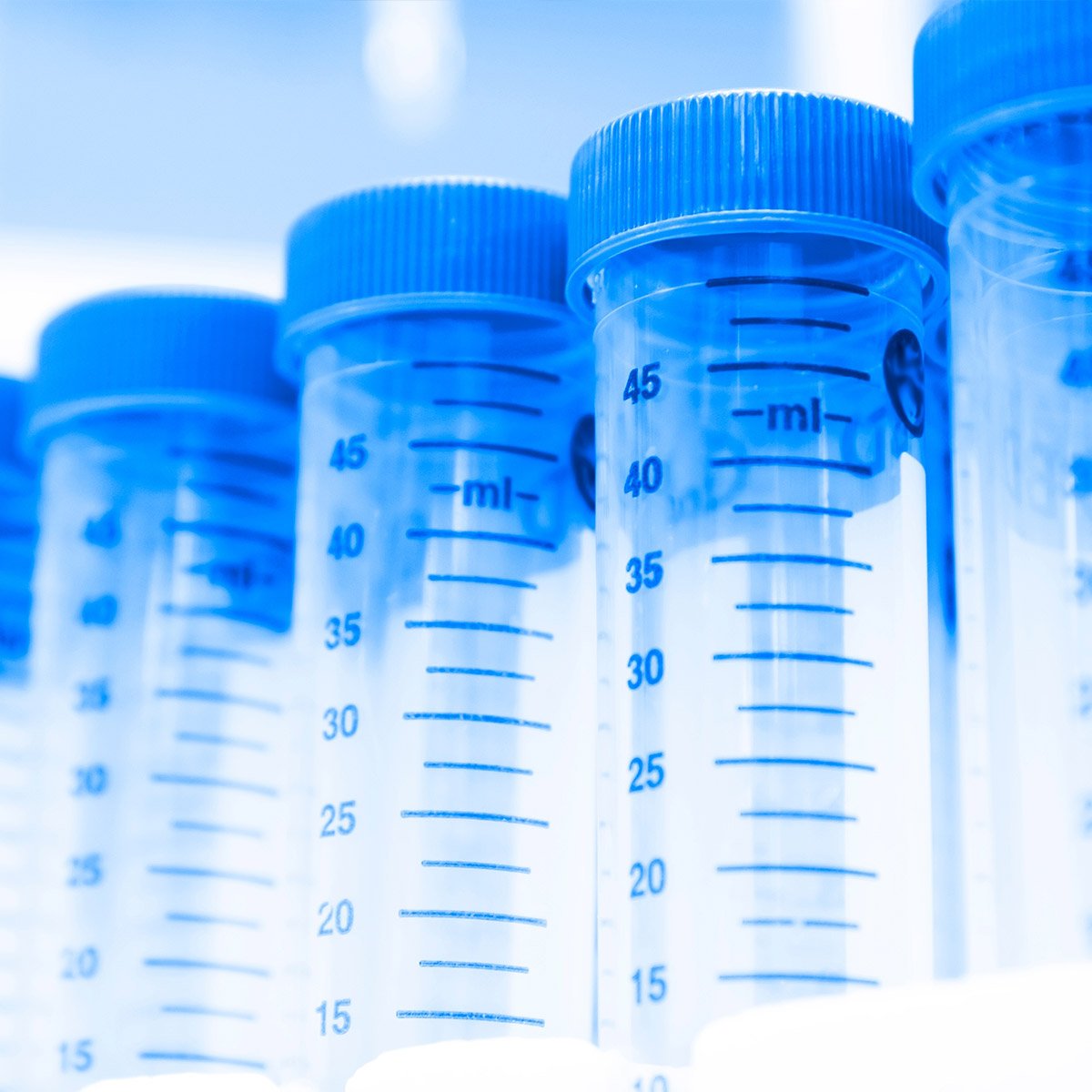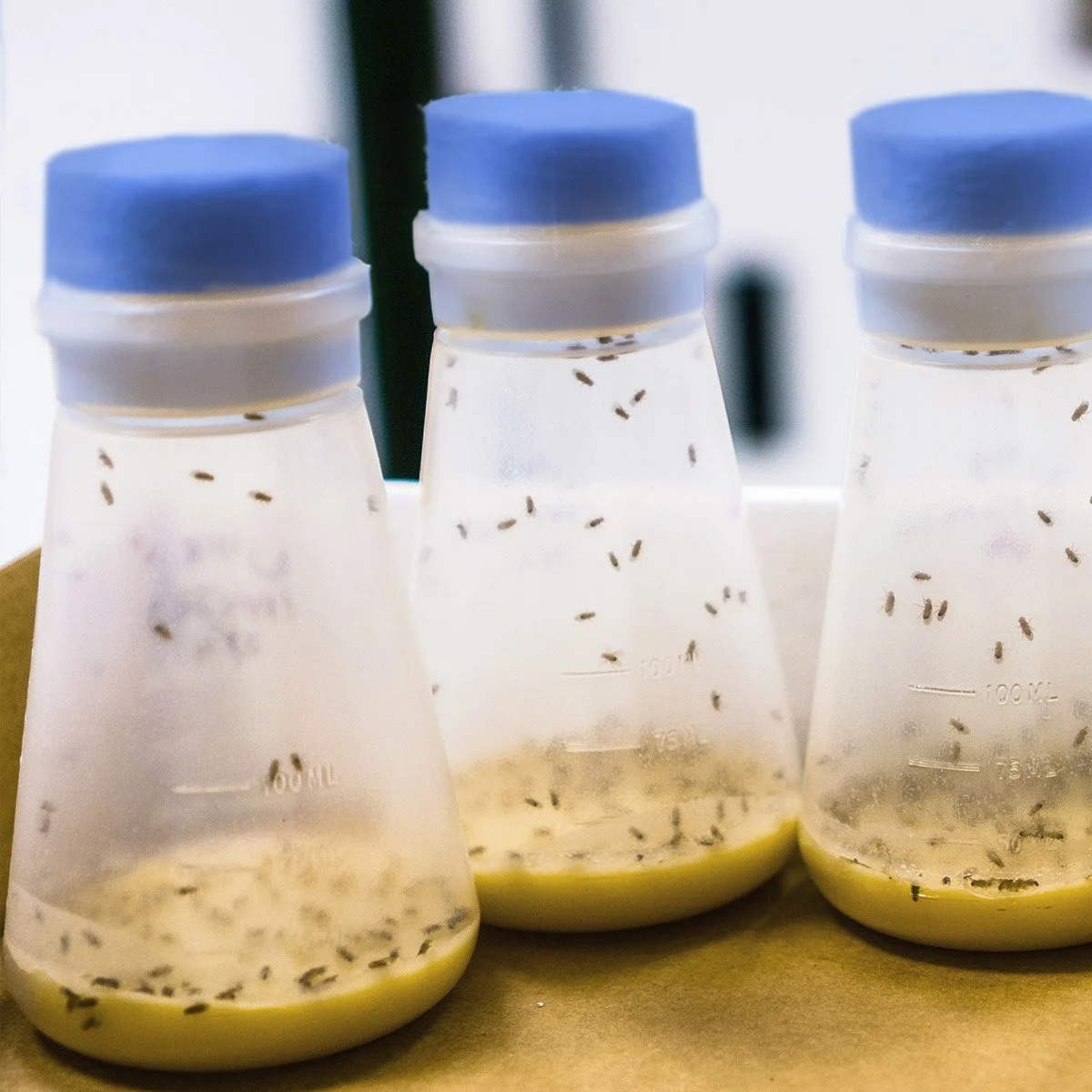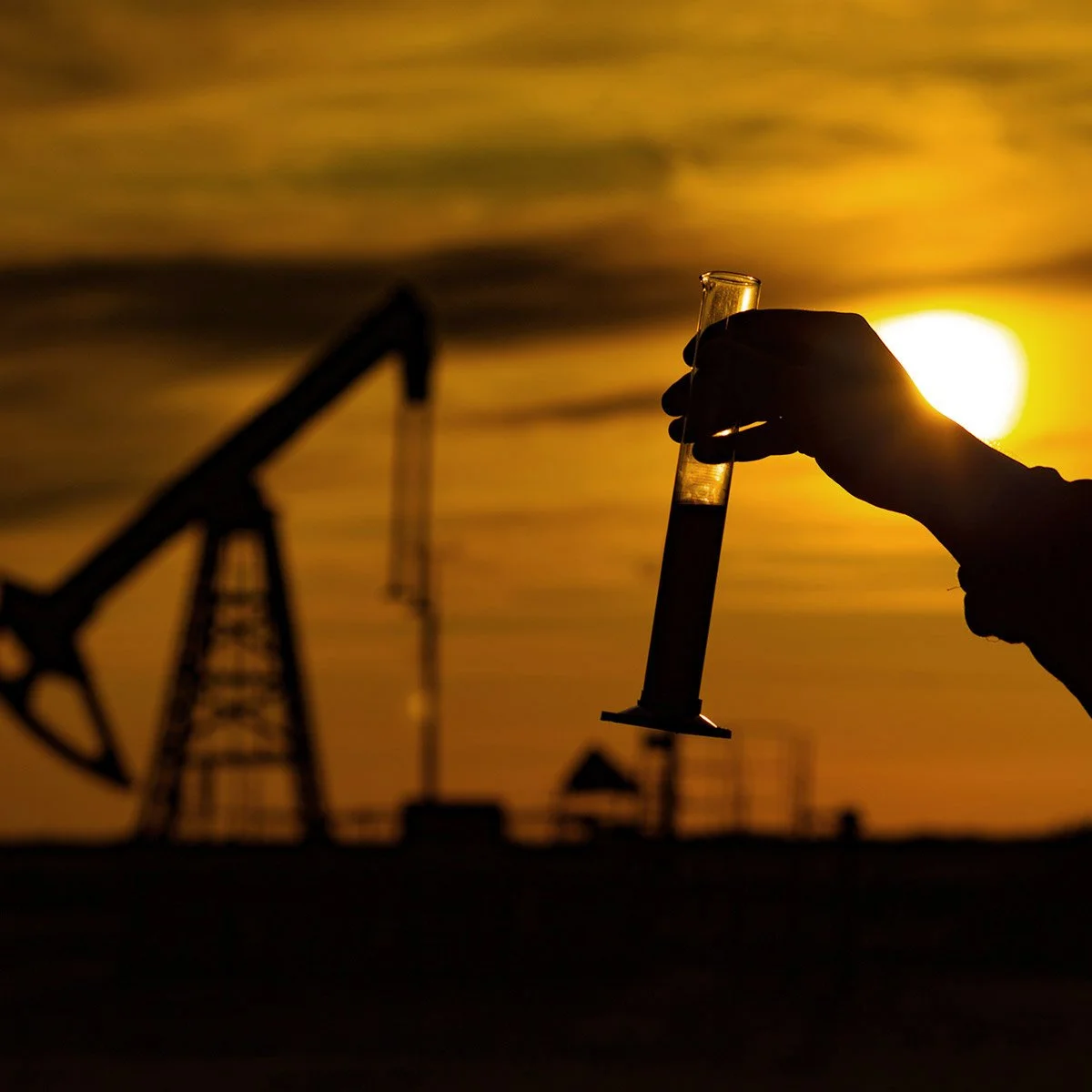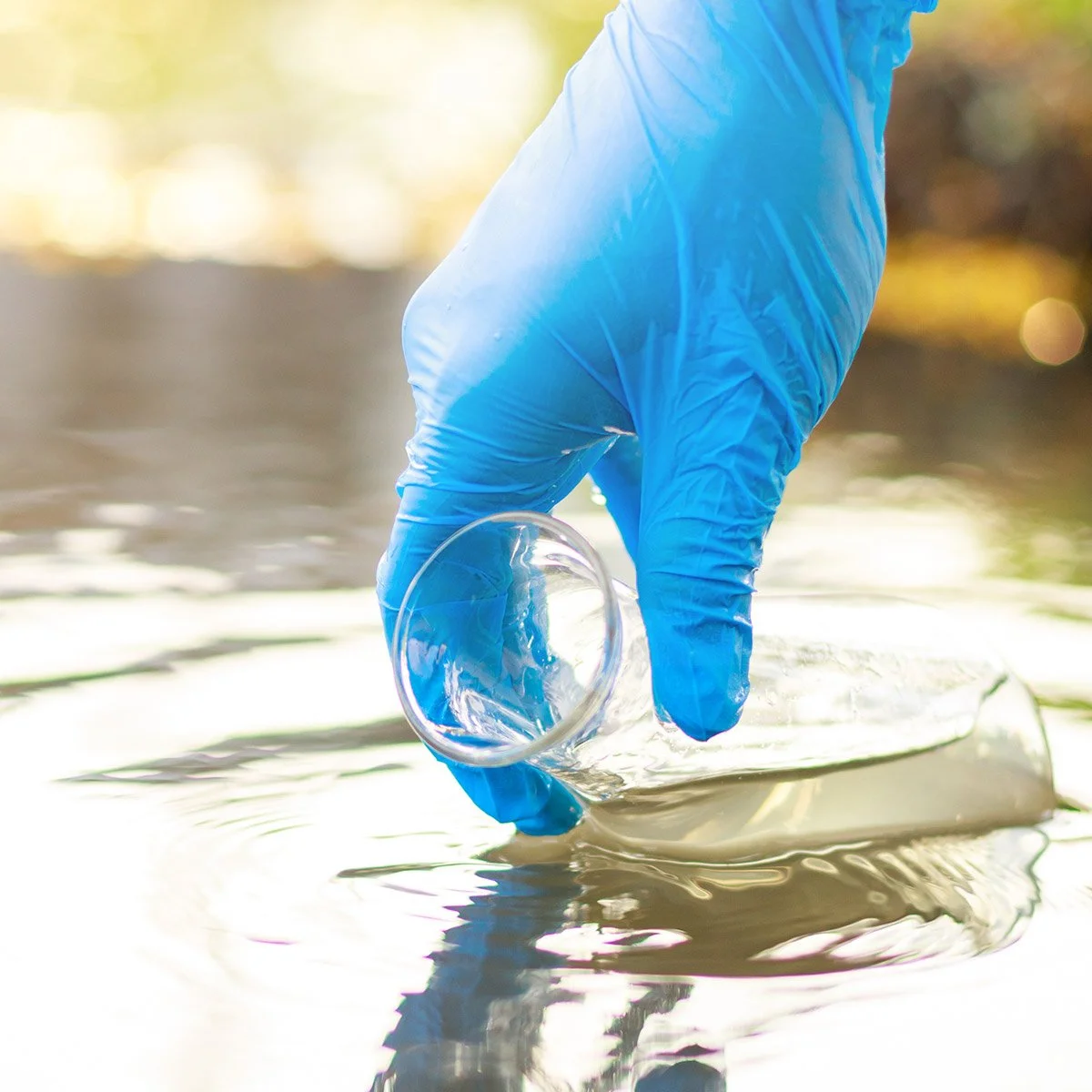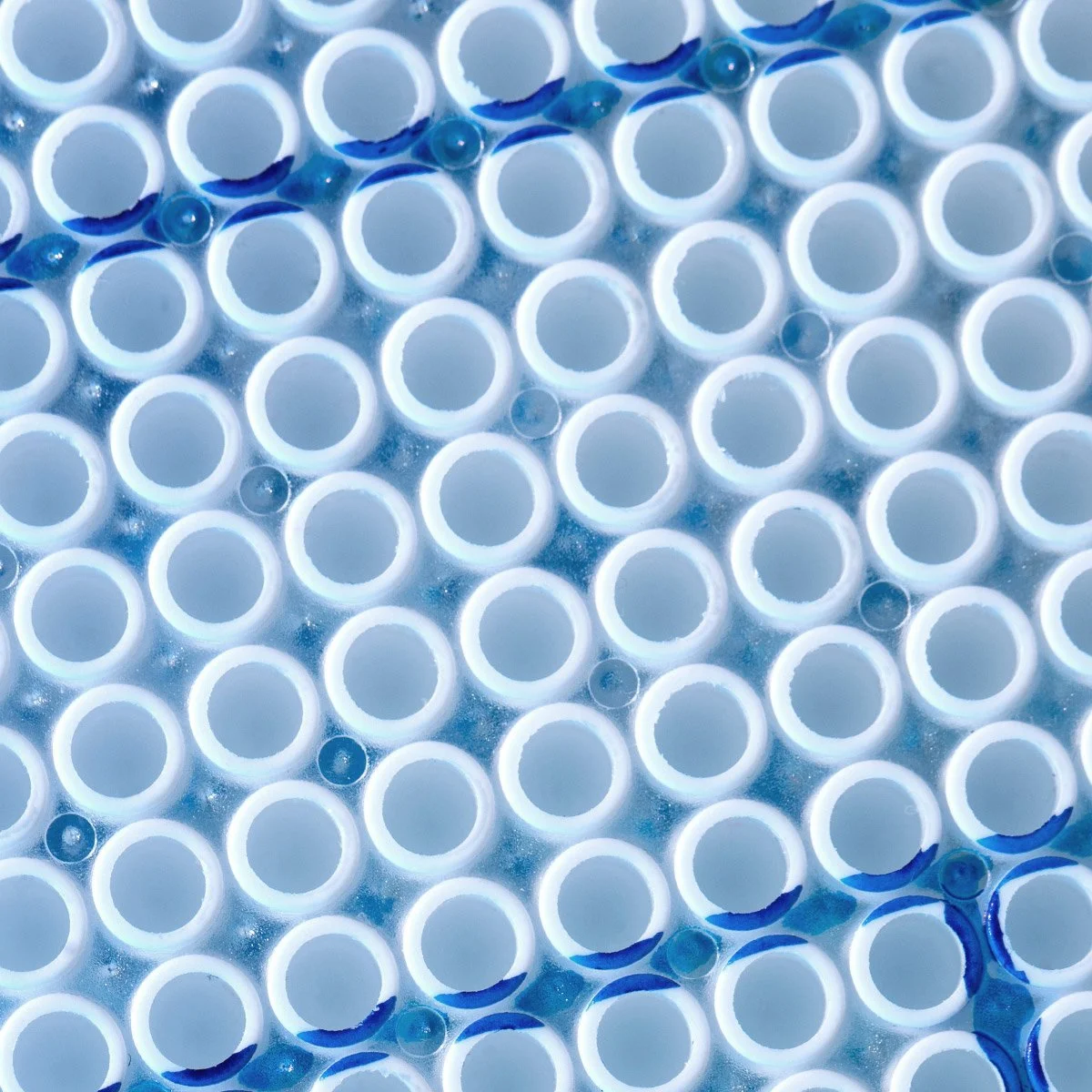We need to invite everyone in, to get traction together on lab sustainability -Elias Witman CST sustainability manager
The Bay State biotech hub can save a huge amount of energy
Scientists who incorporate lab sustainability into the culture of life science are doing the right thing for their communities. The Boston area is the proud home to an extraordinarily high number of biologists pushing the frontiers of science. In a sense it’s quite the contrast, The city is now nearly 400 years old! But, let’s just say that historical construction planners for greater Boston did not foresee supporting so many labs. Even today, many biologists do not realize that their lab is the key to the Bay State’s long term sustainability. Saving energy also happens to be a major competitive advantage for biotechnology companies.
Recently I attended an Earth Day themed event held at the MassBio® headquarters in Cambridge. The event showed how lab energy efficiency is achieved when scientists and sustainability professionals work together. The talks were organized by Elias Witman, the sustainability manager for the antibody company Cell Signaling Technology. MassBio® is a not-for-profit organization, founded in 1985, that represents and provides services and support for the world’s leading life sciences super cluster.
Lessons in sustainable labs from ARUP, BIOGEN and MIT Green Labs
Each speaker presented unique perspectives and achievements for lab sustainability. To get a sense of the local climate (pardon the pun!), you can read this interview with Elias Witman by MassBio here: Sustainability and Climate Change: “From the Boiler room to the Boardroom” Q&A with Elias Witman, Cell Signaling Technology. These talks made it clear that while biologists tend to be cognitively adept at assessing complex dynamic systems - they need support from sustainability professionals who have the knowledge to improve lab spaces.
Strikingly, the building firm ARUP showed data that buildings in Massachusetts are making huge demands on the electrical grid - especially lab facilities. Massachusetts is not on track to reach its goal to reduce green house gas emission by 2050. Buildings represent 2/3 of emissions ,with existing buildings contributing 85%! The next step Massachusetts’ will take is to require data to show lab building performance over time.
Biogen gave a talk that showed off their incredible lab facility retrofit projects. I can tell you that from seeing the results, It makes sense that Biogen was just listed as one of the top companies for the environment in Forbes Magazine. Importantly, the retrofit project was well organized to enable Biogen scientists to keep working in the labs.
MIT Green Labs coordinator, Jennifer Bellow, demonstrated how her office supports sustainability in MIT research labs. As a frame of reference, MIT has 490 individual principal investigators. Each of these PI’s labs have post docs, lab managers, technicians and grad students. Many of these individuals are transient, with ~2 year as a typical stint. MIT Green Labs has done some fantastic work to overcome sustainability challenges common to most academic labs. Most excitingly, they have pilot programmed an inexpensive device called the MASH alarm. MIT scientists welcomed this unobtrusive, effective energy saving device at their VAV hoods. Watch out for a Labconscious Green Lab Tip to help you put one of these in your lab soon!
This MassBio event was a great way to bring different kinds of professionals together on lab energy. Every researcher knows that communication is a key enabling factor in science. When life scientists collaborate, each contributes their specialized knowledge and experience to solve problems. And so it is with enabling sustainable laboratory work!






